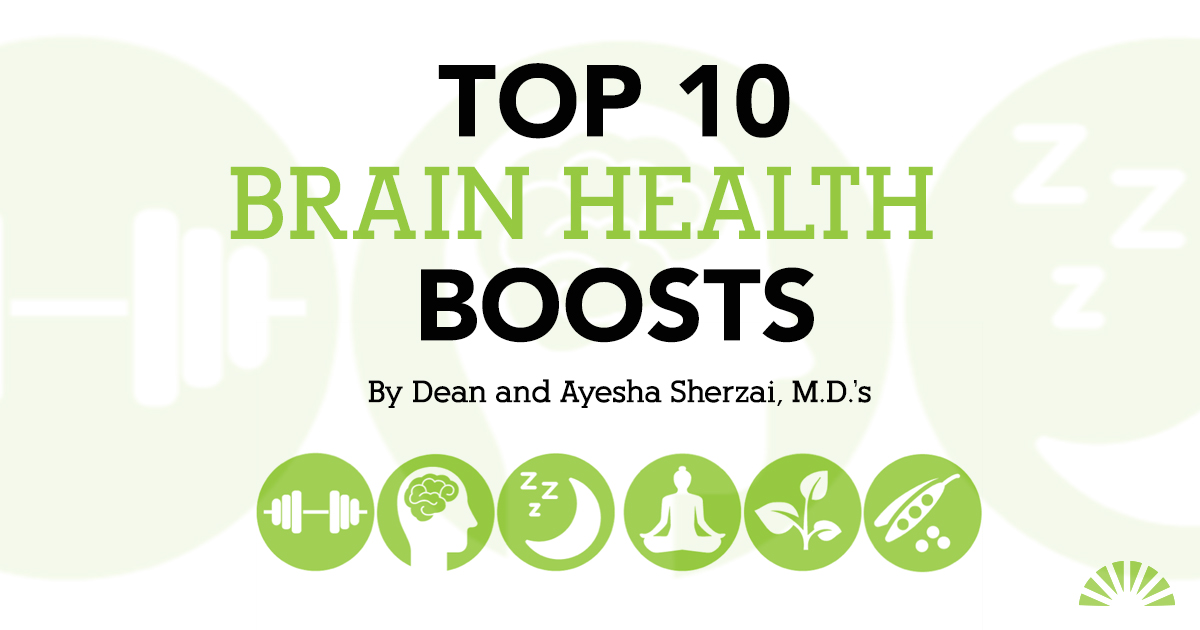There may still be no cure for Alzheimer’s but, with the right advice, we can be mentally active for longer, reverse the debilitating symptoms of the disease and ultimately add more happy, healthy years to our lives. Here are our top 10 ways to get started.
1. Plan. Plan. Plan.
Plan microsuccesses into your daily routine with achievable, time-bound and specific goals so that you build your neuropathways and reinforce your brain health habits.
2. Sleep.
Two important things take place during sleep: (1) Memory Consolidation, like cleaning off the desktop and putting files into folders and (2) Cleansing by “janitor cells,” taking off toxin buildup in the brain. (And note: too much sleep is bad too!) Check your sleep hygiene (habits related to sleep) to see if you are optimizing your sleep.
3. Connect your brain.
How you challenge your brain determines the number of connections. Keep growing your brain with FUN challenging activities.
4. Your partner’s risk.
Diseases of the brain are not entirely genetic–sharing life with a partner means sharing both their good and bad lifestyle choices! Do as I do–and as I say! Set an example for family and friends and involve them in healthy habits.
5. Beans and greens.
Beans and greens are the cornerstone of “Blue Zone” living (the healthiest places on earth), sources of fiber and complex carbohydrates and meat-free protein. Bacon and butter are not back, instead cook delicious recipes that combine greens and beans.
6. Blood pressure.
120/80 is the threshold for high blood pressure. We are not against medicine, which can be helpful in short term, but any long term and fundamental change can only take place through lifestyle.
7. Plants, not pills.
Get micro and macro nutrients from plants instead of pills. These natural forms are recognized, absorbed, and used for health by our bodies. Instead of a magic pill or substance, explore a whole food, plant-based diet.
8. Mindfulness.
Live with purpose and explore the “why” behind behaviors and habits and how they connect to your purpose.
9. Exercise (strenuously) and move throughout the day.
If you work out for 20 minutes and then sit all day, studies show you lose the benefit of your workout. Incorporate exercise as part of your daily life with a workout space in the living room, bedroom and office space. Don’t forget to involve friends and family!
10. All carbohydrates are NOT bad.
Despite the popular narrative where carbs are the villain and fat and protein are the heroes, you’re watching the wrong movie! Learn about the glycemic index and know the difference between complex (good) and simple (avoid) carbs.
To learn more about brain health in the Beach Cities visit bchd.org/healthyminds




